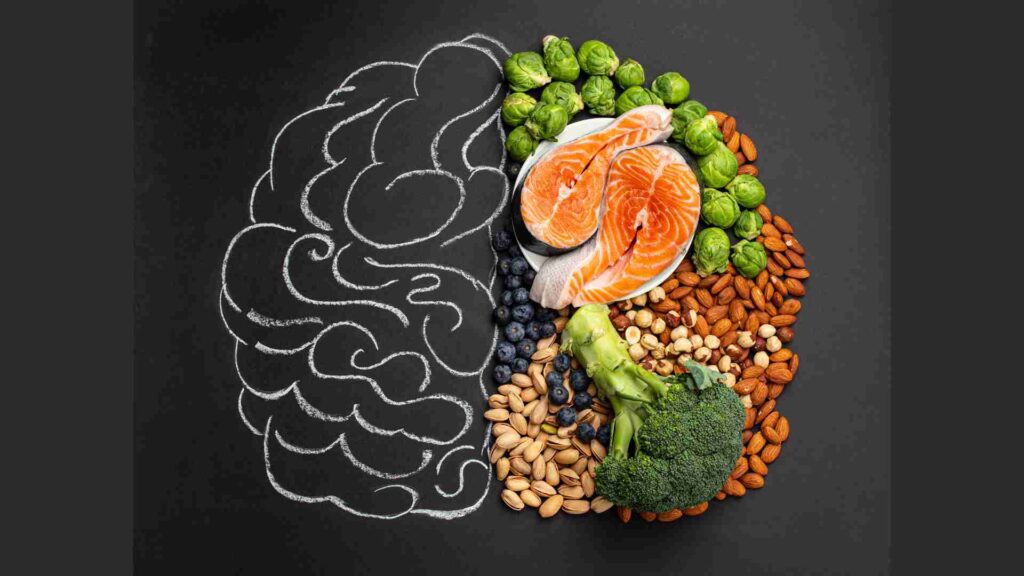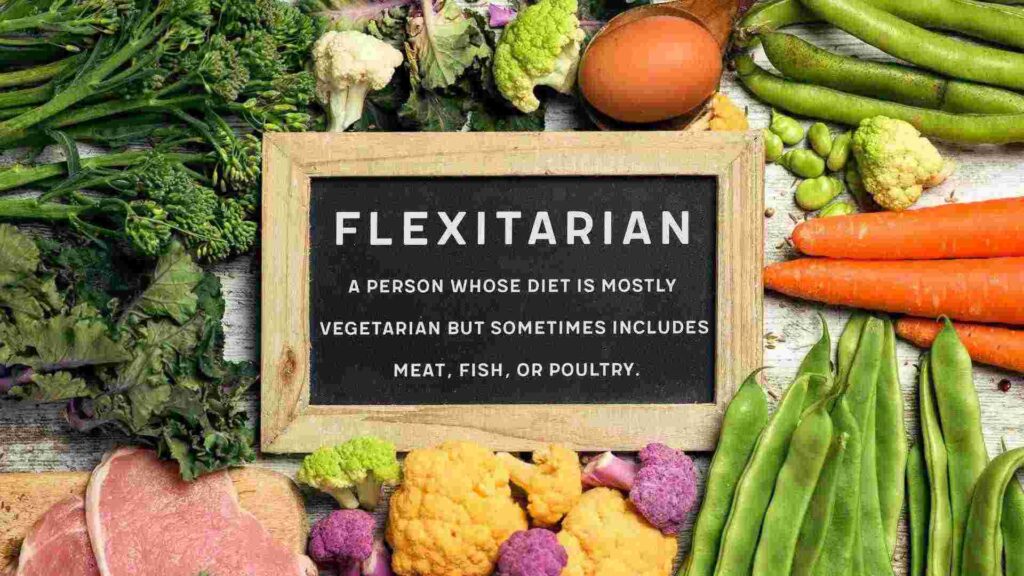Discover comprehensive information for all aspects of sexual health and find resources and guidance to empower your sexual well-being.
Erectile dysfunction (ED) is a condition that many men face at some point in their…
Discover comprehensive information for all aspects of sexual health and find resources and guidance to empower your sexual well-being.
Erectile dysfunction (ED) is a condition that many men face at some point in their…
The pelvic floor muscles are the unsung heroes of our body’s core, providing support to…
Feeling nervous about sexual performance, known as Sexual Performance Anxiety (SPA), is pretty common. But…
The International Society for the Study of Women’s Sexual Health describes Hypoactive sexual desire disorder…
Painful erections never indicate normalcy, and sometimes signal a medical emergency. Severe pain may necessitate…
Sleep-related painful erection (SRPE) is a rare condition where people get painful erections while they’re…
Commitment issues can often manifest in romantic relationships, work, and other personal or professional spheres.…
The Flexitarian Diet is a dietary approach that promotes the consumption of mostly plant-based foods with the occasional intake of meat and other animal products in moderation. Unlike strict vegetarian or vegan diets, it offers more flexibility.
If you aim to increase your plant food intake without eliminating meat entirely, adopting a flexitarian approach could be a suitable option for you.
The Flexitarian Diet has received high rankings in U.S. News & World Report’s yearly evaluation, ranking well as one of the best overall diets and easiest diets to follow.
Table of Contents
ToggleThe term “Flexitarian” was coined over a decade ago by registered dietitian Dawn Jackson Blatner.
The diet was designed to help people enjoy the benefits of vegetarianism while still consuming animal products in moderation. It is a combination of the words “flexible” and “vegetarian.”
Flexitarians are not vegetarians or vegans because they consume animal products.
The Flexitarian Diet does not have strict rules or recommended calorie and macronutrient intake. It is more of a lifestyle choice than a diet.
Related: What Is The Mediterranean Diet?

The following are the fundamental principles of a flexitarian diet:
Due to its adaptable nature and emphasis on what to include rather than avoid, the flexitarian diet has become a favored option for those seeking to adopt healthier eating habits.
There are numerous health benefits associated with following a flexitarian diet.
Consuming a diet that is rich in fiber and healthy fats can improve heart health.

Studies indicate that individuals who consume fish or follow a vegetarian diet have a lower incidence of ischemic heart disease compared to those who consume meat. This can be attributed to the fact that vegetarian diets are often abundant in fiber and antioxidants that can lower blood pressure and increase high-density lipoprotein (HDL) or “good” cholesterol.
A 2020 study that included 10,797 participants and examined vegetarian, pescatarian, and flexitarian diets discovered that individuals who adhered to any of these diets that limited or eliminated meat consumption had a lower body mass index, total cholesterol, and blood pressure compared to those who ate meat.
It is worth noting that flexitarian eating is predominantly plant-based and will likely have similar benefits to fully vegetarian diets.
Adopting a flexitarian diet can aid in weight management as it involves limiting high-calorie and heavily processed foods while increasing the intake of plant-based foods that are naturally lower in calories.
In a study involving over 1,100 participants, those who followed a vegetarian diet for 18 weeks lost an additional 4.5 pounds (2 kg) compared to non-vegetarians.
While the Flexitarian Diet shares similarities with vegetarianism, it may not be as effective for weight loss as a vegan diet. However, it is important to note that weight loss is not the primary goal of the Flexitarian Diet, which instead emphasizes incorporating more nutrient-dense foods such as fruits, legumes, and vegetables.

Plant-based diets are beneficial for weight loss and contain numerous high-fiber foods that are low in unhealthy fats and added sugars.
Research on over 200,000 individuals found that a diet emphasizing plant-based foods while limiting animal products was linked with a roughly 20% reduction in the risk of diabetes.
Another study discovered that in people with type 2 diabetes, plant-based diets resulted in a greater reduction in HbA1c (a 3-month average of blood sugar readings) than conventional diets.
A flexitarian diet, like other plant-based diets, was found to improve well-being in the management of Type 2 diabetes and significantly enhance weight and quality of life in a 2018 study.

Plant-based sources of protein provide cognitive benefits, according to Emma Laing, the director of dietetics at the University of Georgia and a national spokesperson for the Academy of Nutrition and Dietetics.
Eggs, for example, are rich in nutrients and bioactive compounds, such as protein, choline, lutein, and zeaxanthin, which are associated with improved memory and cognitive function.
However, fish, which is limited in a flexitarian diet, contains DHA, an omega-3 fatty acid that supports memory and reduces cognitive decline. Laing suggests consuming a diverse range of foods to ensure adequate nutrition. Additionally, a study published in Neurology in April 2021 suggests that plant-based diets may offer protection against stroke.
Eating dietary patterns that are rich in healthy plant-based foods like fruits, vegetables, and legumes and avoiding ultra-processed foods may decrease the likelihood of developing specific types of cancer.
In a 7-year research involving 78,000 participants with colorectal cancer, semi-vegetarians were 8% less prone to develop this type of cancer compared to non-vegetarians.
Hence, reducing your risk of cancer may be achievable by incorporating more vegetarian food choices through the flexitarian approach.
Related: Flexitarian vs. Mediterranean Diet
The Flexitarian Diet emphasizes non-meat proteins such as beans, peas, and eggs while incorporating fruits, veggies, whole grains, dairy, and seasonings.
To gradually reduce meat consumption, one can increase meat-free days per week during each stage and use plant-based meat alternatives like veggie burgers.

This diet allows for flexibility in either jumping in or easing in at one’s own pace. Rather than eliminating food groups, the goal is to add more whole, minimally processed plant foods while limiting animal products.
Related: Flexitarian Diet One Week Meal Plan
References: What is the Flexitarian Diet? 2023 Beginner’s Guide | Best Diets. (n.d.). Retrieved April 6, 2023, from https://health.usnews.com/best-diet/flexitarian-diet
Dr. Nishtha, a medical doctor holding both an MBBS and an MD in Biochemistry, possesses a profound passion for nutrition and wellness. Her personal journey, marked by significant struggles with physical and mental health, has endowed her with a unique empathy and insight into the challenges countless individuals face. Driven by her own experiences, she leverages her background to offer practical, evidence-backed guidance, empowering others on their paths to achieving holistic well-being. Dr. Nishtha truly believes in the interconnectedness of the mind and body. She emphasizes the significance of understanding this connection as a crucial stride toward attaining balance and happiness in life.

